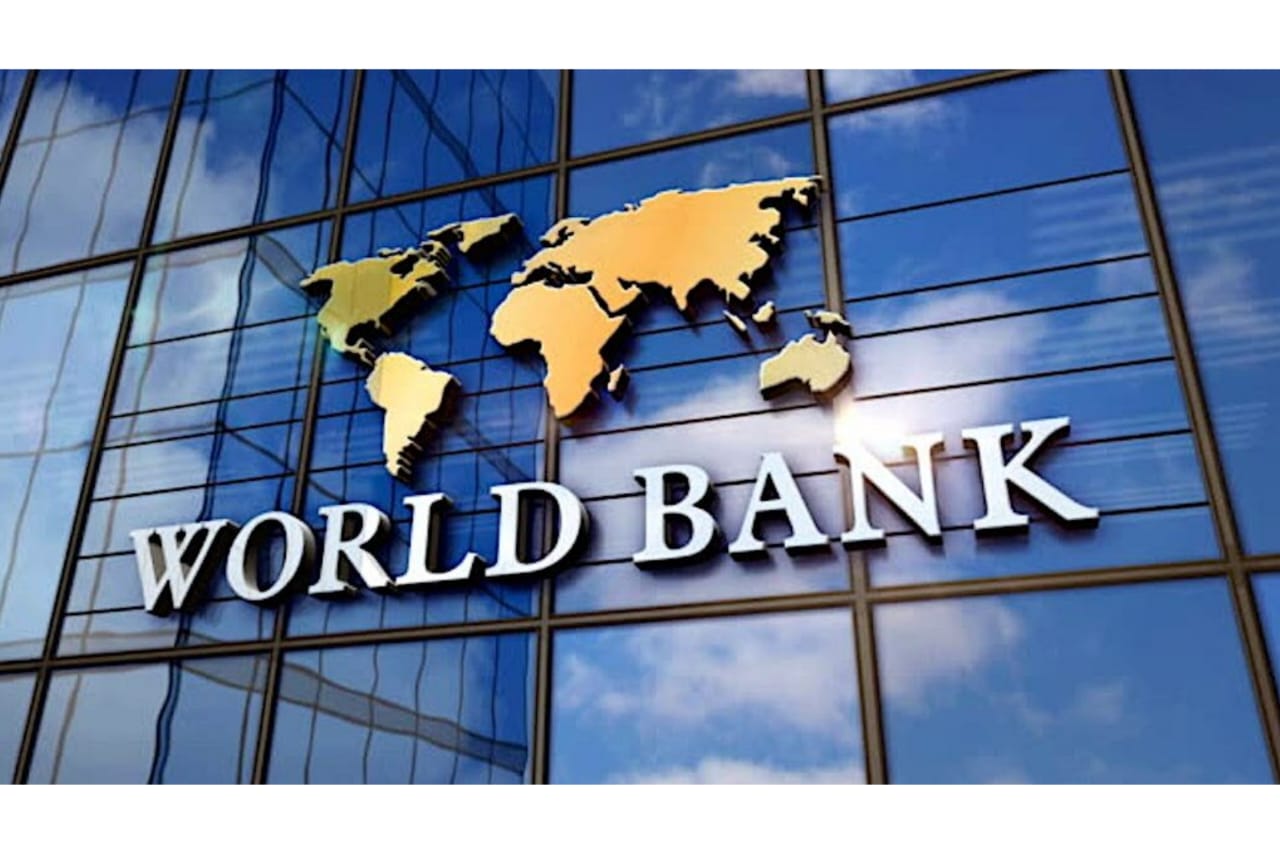Business
Nigeria requests $500 million loan from World Bank for rural road repairs

The World Bank is being asked to provide $500 million to the Nigerian federal government in order to repair rural roads, increase national access to agricultural products, and address rising food prices.
According to the Washington-based lender, the money will help 92 million people who live in rural areas with poor road systems.
The financing request was submitted by the Nigerian government in the final draft of the Resettlement Policy Framework for the Federal Ministry of Agriculture and Rural Development’s Nigeria Rural Access and Agricultural Marketing Project Scale-Up.
The Improvement of Resilient Rural Access ($387 million), Climate-Resilient Asset Management ($158 million), and Institutional Strengthening and Project Management ($55 million) are the three main components of the RAAMP-SU project that will be funded.
The project is planned to cost $600 million in total, of which 83.33% is expected to come from funds provided by the World Bank. Compared to the original World Bank commitment of $280 million for the parent project, this commitment amount is 79% greater.
Read Also: World Bank and FG praise Makinde’s livestock production program
As per the policy paper, states that wish to participate must have a fully operational Roads Fund and Roads Agency, complete with appointed boards and staff, and state budgets that include funds for administrative expenses.
“Access to rural areas is especially limited in areas where the economically disadvantaged are heavily concentrated.” These considerations highlight the necessity of maintaining and improving rural road infrastructure while also protecting rural road and transportation resources.
“While the new project would require the States to have a fully functional Roads Fund and Roads Agency with appointed boards and staff, as well as provision for administrative costs made in the state budget, eligibility for state participation under RAAMP required the drafting and placement of Road Fund and Roads Agency bills in the State Houses of Assembly.” Furthermore, the statement stated that RARAs present a chance to promote women’s representation in the transportation industry.
This development coincides with Nigeria’s ongoing increase in food inflation. Nigeria’s food inflation increased to 40.53% in April 2024, according to data from the National Bureau of Statistics.
Food price increases in Nigeria have been attributed by experts to energy costs, transportation expenses, and insecurity.
According to the Debt Management Office, Nigeria’s overall debt stock at the end of 2023 was N97.341 trillion.
Foreign debt was included in Nigeria’s debt total, which as of the end of 2023 was N38.22 trillion, or 39% of the overall debt stock.
